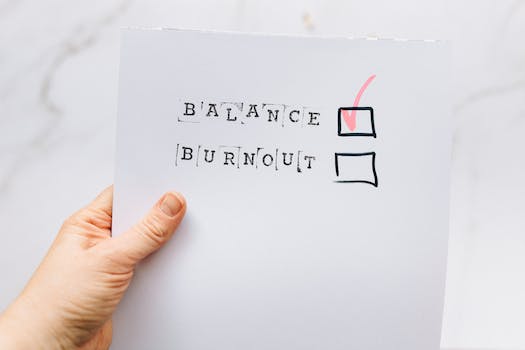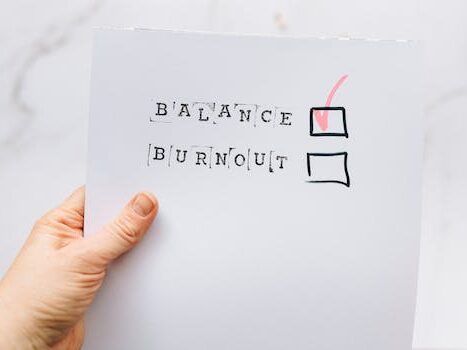and how to manage it: Stress Awareness Month 2023 - Taking Control of Your Mental Health. How to Identify Stress Triggers and Manage Them
Stress is a normal part of life, but it can become overwhelming if it's not managed properly. Identifying and managing stress triggers can help you stay in control of your emotions and reactions. Here are some tips for identifying and managing stress triggers:
1. Pay attention to your body. Stress can manifest itself in physical symptoms such as headaches, muscle tension, and fatigue. Paying attention to your body can help you identify when you're feeling stressed.
2. Keep a stress journal. Writing down your thoughts and feelings can help you identify patterns in your stress levels. Note when you feel stressed, what was happening at the time, and how you reacted.
3. Identify your stress triggers. Once you've identified patterns in your stress levels, you can start to identify the triggers that cause them. Common stress triggers include work, relationships, and financial issues.
4. Develop coping strategies. Once you've identified your stress triggers, you can start to develop coping strategies to help you manage them. These can include relaxation techniques, exercise, and talking to a friend or family member.
5. Take time for yourself. Make sure you take time for yourself to relax and unwind. This could include activities such as reading, listening to music, or taking a walk.
By identifying and managing your stress triggers, you can help keep your stress levels under control.
The Benefits of Mindfulness and Meditation for Stress Relief

Mindfulness and meditation are two powerful tools that can help reduce stress and improve overall wellbeing. Mindfulness is the practice of being aware of the present moment and accepting it without judgment. Meditation is the practice of focusing on a single thought or activity for a period of time. Both of these practices can help reduce stress and improve mental and physical health.
Mindfulness helps to reduce stress by allowing us to become aware of our thoughts and feelings without judgment. This helps us to recognize when we are feeling overwhelmed and take steps to manage our stress. Mindfulness also helps us to become more aware of our environment and the people around us, which can help us to better manage our reactions to stressful situations.
Meditation can also help reduce stress by allowing us to focus on a single thought or activity for a period of time. This helps us to clear our minds and become more aware of our thoughts and feelings. Meditation can also help us to become more aware of our environment and the people around us, which can help us to better manage our reactions to stressful situations.
The benefits of mindfulness and meditation for stress relief are numerous. These practices can help us to become more aware of our thoughts and feelings, better manage our reactions to stressful situations, and improve our overall wellbeing. So, if you’re feeling overwhelmed, take a few moments to practice mindfulness or meditation and see how it can help you reduce stress and improve your wellbeing.
The Role of Exercise in Reducing Stress Levels
Exercise is a great way to reduce stress levels. It can help to clear your mind, boost your mood, and give you a sense of accomplishment. Regular physical activity can help to reduce tension and anxiety, and can even help to improve your sleep quality. Exercise releases endorphins, which are hormones that make you feel good and can help to reduce stress. It can also help to distract you from the things that are causing you stress.
Exercise doesn't have to be intense or time-consuming. Even a short walk or a few minutes of stretching can help to reduce stress levels. It's important to find an activity that you enjoy and that fits into your lifestyle. This could be anything from running to yoga, or even just taking a few minutes to do some deep breathing.
Exercise can also help to reduce stress in the long-term. Regular physical activity can help to improve your overall health and wellbeing, which can help to reduce stress levels. It can also help to improve your self-esteem and confidence, which can help to reduce stress in the long-term.
Overall, exercise is a great way to reduce stress levels. It can help to clear your mind, boost your mood, and give you a sense of accomplishment. Regular physical activity can help to reduce tension and anxiety, and can even help to improve your sleep quality. So, if you're feeling stressed, try to find an activity that you enjoy and make it part of your regular routine.







